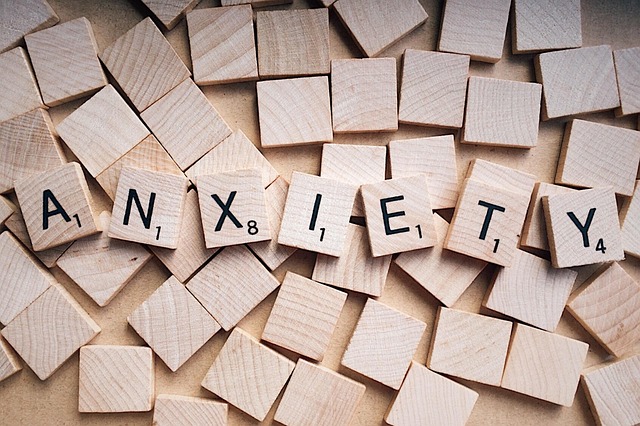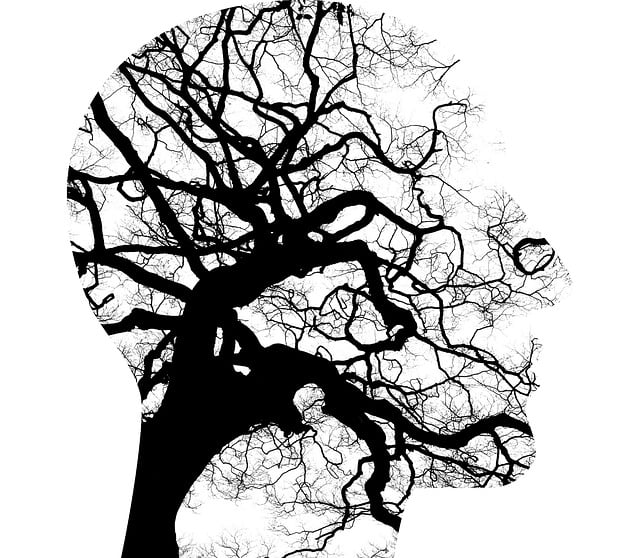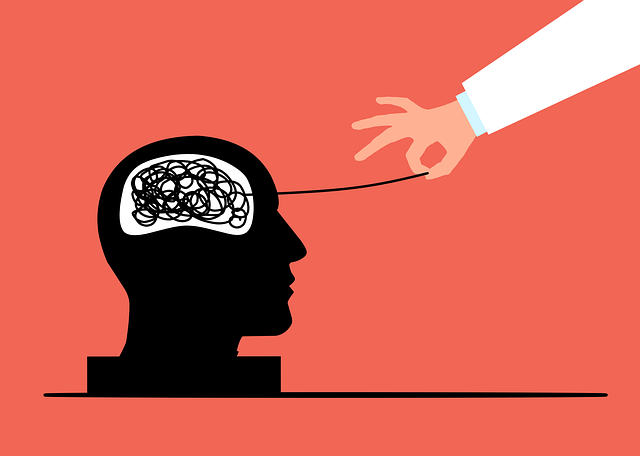Westminster Depression Therapy advocates early recognition of depression signs through understanding varied symptoms like sadness, irritability, sleep/appetite changes, concentration difficulties, and fatigue. Lifestyle changes, including regular exercise, balanced diet, adequate sleep, stress management, and mental wellness coaching programs, are key strategies. Personalized treatment options such as CBT, mindfulness therapies, and interpersonal psychotherapy focus on negative thought patterns, stress reduction, emotional well-being promotion, and journaling exercises. Building resilience through emotional intelligence and maintaining a mental wellness journal empowers individuals to cope with depression effectively.
Depression is a prevalent and serious mental health condition, but it’s not invincible. In this comprehensive guide, we’ll explore various strategies to prevent and manage depression, offering insights tailored to modern life. From recognizing subtle signs early on to exploring effective therapies like Westminster Depression Therapy, and implementing lifestyle changes for enhanced well-being, these strategies empower individuals to take charge of their mental health.
- Recognizing the Signs: Understanding Depression Early On
- Lifestyle Changes for Better Mental Health
- Westminster Depression Therapy: Exploring Effective Treatments
- Building Resilience: Strategies for Long-Term Well-Being
Recognizing the Signs: Understanding Depression Early On

Recognizing the signs of depression early on is a crucial step in preventing its onset and ensuring timely intervention. Many individuals struggle with this mental health issue without realizing it, often mistaking persistent feelings of sadness or low mood for temporary emotional states. Westminster Depression Therapy emphasizes the importance of awareness, encouraging people to pay attention to changes in their thoughts, behaviors, and overall well-being.
Symptoms can vary from person to person, but common signs include prolonged feelings of emptiness or worthlessness, increased irritability or restlessness, changes in appetite or sleep patterns, difficulty concentrating, and persistent fatigue. With a better understanding of these indicators, individuals can seek support through various avenues like therapy, self-care practices, or even consider enrolling in Mental Wellness Coaching Programs that focus on developing emotional intelligence and effective mood management strategies.
Lifestyle Changes for Better Mental Health

In the pursuit of mental wellness, implementing lifestyle changes can be a powerful tool to combat and prevent depression. Simple yet profound shifts in daily routines can significantly impact one’s emotional resilience. For instance, incorporating regular exercise into your schedule has been shown to boost mood and reduce symptoms of depression. Even short walks or gentle yoga sessions can stimulate the release of endorphins, nature’s natural antidepressants. Furthermore, fostering a balanced diet rich in nutrients essential for brain health can support overall well-being; foods high in omega-3 fatty acids, vitamins B and D, and magnesium are particularly beneficial.
Along with physical and dietary adjustments, cultivating healthy habits like adequate sleep and effective stress management techniques are vital. Establishing a consistent self-care routine, including practices such as meditation or journaling, can help individuals develop emotional regulation skills. These strategies not only promote mental clarity but also foster a deeper sense of connection with oneself, which is essential for building empathy towards one’s feelings—a crucial component in the journey toward better mental health, especially when exploring Westminster Depression Therapy.
Westminster Depression Therapy: Exploring Effective Treatments

Westminster Depression Therapy offers a range of effective treatments tailored to individual needs. Cognitive Behavioral Therapy (CBT), one of the most popular approaches, focuses on identifying and changing negative thought patterns and behaviors that contribute to depression. This evidence-based method has proven successful in helping individuals manage symptoms and improve their emotional well-being.
In addition to CBT, Westminster Depression Therapy incorporates other innovative techniques such as Mindfulness-Based Therapies and Interpersonal Psychotherapy. These approaches emphasize stress reduction methods, emotional well-being promotion techniques, and even the power of journaling exercises for mental wellness. By combining these effective strategies, therapists create a comprehensive plan to support clients on their journey towards recovery and enhanced overall mental health.
Building Resilience: Strategies for Long-Term Well-Being

Building resilience is a powerful tool in the prevention and management of depression. It involves developing mental and emotional strength to navigate life’s challenges. Westminster Depression Therapy suggests incorporating certain strategies into daily routines for long-term well-being. For instance, cultivating emotional intelligence allows individuals to understand and manage their emotions effectively, thereby improving emotional regulation skills.
Maintaining a Mental Wellness Journaling Exercise Guidance can be transformative. It encourages reflection, self-awareness, and identifying triggers or patterns that contribute to depressive episodes. Regular practice fosters adaptability and resilience, enabling individuals to cope with stress and setbacks in healthier ways. By focusing on these aspects, one can proactively enhance their mental health and build a more robust defense against depression.
Depression is a serious yet manageable condition, and with the right strategies, prevention is achievable. By recognizing early signs and making proactive lifestyle changes, individuals can significantly reduce their risk. Incorporating evidence-based therapies like Westminster Depression Therapy and building resilience through various strategies ensures long-term mental well-being. Remember, seeking help is a sign of strength, and with the appropriate support, it’s possible to lead a fulfilling life free from depression’s grasp.














